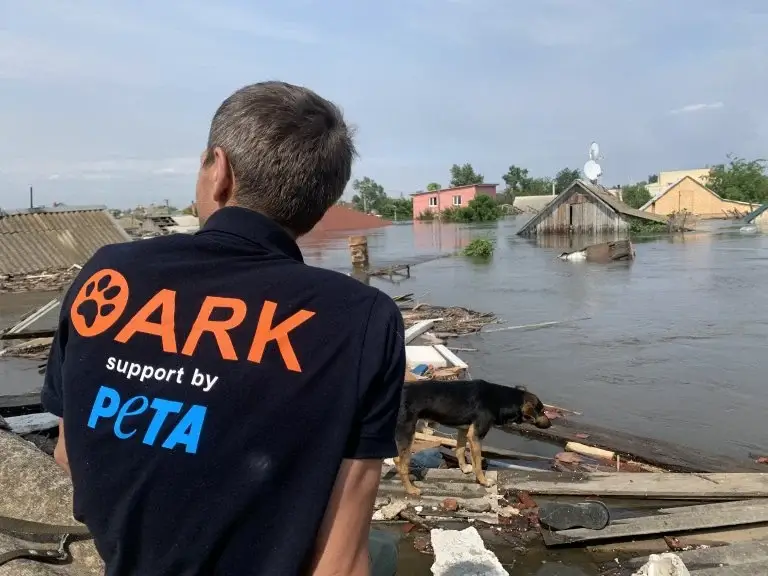PETA Calls On UN to Aid Suffering, Starving Animals in Gaza
Update (20 December 2023):
Donkeys, dogs, cats, and other animals in Gaza are injured, ill, starving, and dehydrated. They’re mostly forgotten, yet they urgently need medical supplies, food, and other types of aid. PETA US is sending a follow-up letter to the secretary-general of the United Nations (UN), to help capture public attention.
We ask that the UN add relief supplies, including veterinary medical provisions, to shipments entering Gaza. The situation is becoming increasingly dire, and while we’re painfully aware of the political, cultural, and logistical challenges, this crisis doesn’t just affect humans. Animals are victims of a conflict not of their making.
Borders are still closed, but PETA entities and partners stand ready to offer all possible assistance and cooperation, as we’ve been doing for over a year in Ukraine, to help animals suffering there.
Original post (1 December 2023):
Because dogs, cats, donkeys, and other animals in the Gaza Strip are dying from starvation, dehydration, and untreated injuries, PETA US has sent an urgent letter to Secretary-General of the United Nations (UN) António Guterres. The group urged him to ensure that essential supplies are added to aid deliveries going into Gaza so they can reach animals in desperate need.
Animals in Gaza Are Victims of the War
Animals don’t have religious beliefs or nationalities and don’t own bombs or tanks – yet they suffer in all wars. Displaced, abandoned, and injured animals in Gaza urgently need help. We’re asking the UN to ensure that relief supplies for animals, including veterinary medical provisions, are sent to Gaza along with the other aid it plans to deliver to the region. PETA entities and partners are ready to offer all possible assistance and cooperation, as we have been doing in Ukraine to help animals suffering there.
How PETA Helps in Times of War: Donate to the Global Compassion Fund
PETA Germany and its partners have been on the ground in Ukraine since the country was first invaded. Their determination and grit have helped thousands of animals reunite with their families after they were separated amid deadly shelling. Rescuers in the field repeatedly return to dangerous areas to help dogs, cats, horses, and others left behind, who are suffering from severe emotional distress, dehydration, starvation, and infected wounds.
You can help teams prepare for the many challenges to come – and strengthen vital rescue work around the world – by making a special gift to PETA’s Global Compassion Fund.




